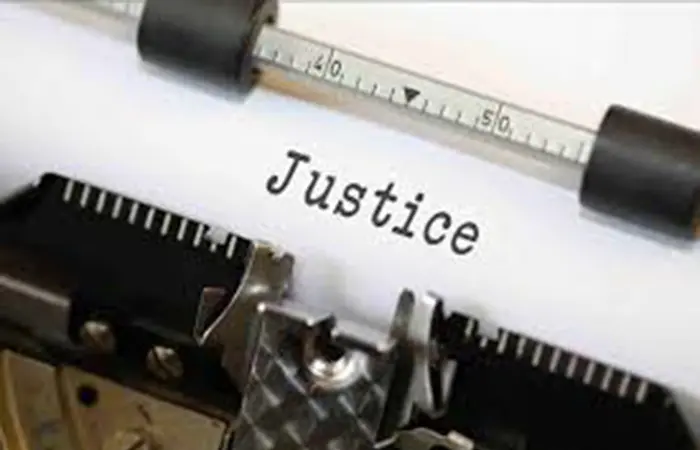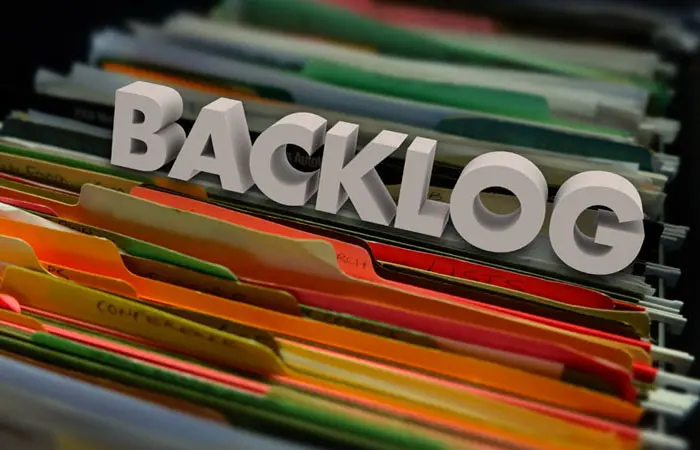A survey by research agency Daksh, made available exclusively to India Today, exposes the reasons for the unconscionable delays in the delivery of justice in India, the unserviceable workload, the harassment of litigants and chronic administrative neglect.

News and Blogs
- /
- Articles and Blogposts /
- News and Blogs
New Delhi: A nationwide survey conducted in 300 courtsNew Delhi: A nationwide survey conducted in 300 courts across 24 states interviewing 9,000 itigants has thrown up some startling results.
Work pressure – it’s a much bandied about phrase. While often associated with long hours and the compulsion to deliver difficult pieces of work in impossibly short timespans, the specifics of work pressure vary vastly from profession to profession.
Recently there were reports of the announcement of a joint conference of the chief ministers and the chief justices of the various High Courts called by the Chief Justice of India.
On March 19 2010, a division bench of the Supreme Court of India (SC) in Mathai @ Joby v George ((2010) 4 SCC 358) had referred the matter to a constitution bench to determine the kind of cases in which special leave to appeal could be granted under Article 136 of the Constitution.
It is a well-known fact that there are an enormous number of cases that have been filed before the Indian courts. It is an equally well-known fact that many of these cases have been pending before the said courts for several years.
Salman and Speed by Harish Narasappa discusses the issue of chronic pendency in the Bombay High Court which is in contrast to Bollywood actor Salman Khan’s speedy HC appeals process which concluded on 10 December 2015.
The Fourth Annual Constitution Day Lecture hosted by DAKSH at the Indian Institute for Human Settlements (IIHS) Auditorium on Saturday, 28 November, 2015, was a gathering of members from the legal community, students, and citizens interested in governance.
Similar to DAKSH’s ongoing Access to Justice survey, there have been surveys conducted in various countries focusing on different aspects of the judicial system and in particular the public’s perception of the judiciary.
Have the number of cases filed in courts gone up so substantially as to be the main reason for the backlog of cases in courts? In the opinion of Justice Gopala Gowda, that is indeed so.
Unless you’ve been in hiding, you’ll know that yesterday, Salman Khan was cleared of all charges in the 2002 hit-and-run case, where he was the accused. Last night, on the DAKSH blog, Harish wrote a piece on the questions that the quick disposal of Salman’s case raises about the functioning of our judicial system.
The Bombay High Court has today given its verdict in Salman Khan’s appeal. A lower court had found him guilty in a hit-and-run case. The High Court took just over 7 months to decide this appeal.

-
Rule of Law ProjectRule of Law Project
-
Access to Justice SurveyAccess to Justice Survey
-
BlogBlog
-
Contact UsContact Us
-
Statistics and ReportsStatistics and Reports
© 2021 DAKSH India. All rights reserved
Powered by Oy Media Solutions
Designed by GGWP Design










